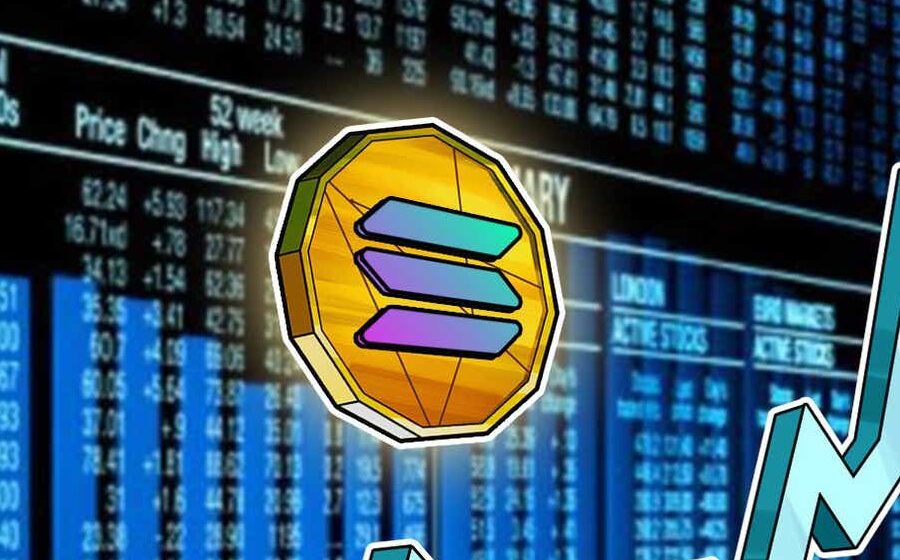Solana could very well become the equivalent of Visa for the world of cryptocurrencies and NFTs, according to the Bank of America (BoA).
Solana is so threatening because its backing blockchain network is very cheap, fast, and scalable. That means its speed and cost are much better than the average Visa transaction.
This is due to the fact the Solana network is built on a “proof of stake” system that doesn’t require nearly as much computing power as the current version of Ethereum, which is built, like Bitcoin, on a “proof of work” consensus mechanism for validating transactions.
“[Solana’s] ability to provide high throughput, low cost and ease of use creates a blockchain optimised for consumer use cases like micropayments, DeFi, NFTs, decentralised networks (web3) and gaming,” Bank of America analyst Alkesh Shah wrote in the note to clients this week.
Shah points out that Solana has introduced a “proof of history” algorithm and other innovations that could improve its performance and expand use cases.
- Proof-of-stake is a cryptocurrency consensus mechanism for processing transactions and creating new blocks in a blockchain.
- Proof-of-work describes a system that requires a not-insignificant but feasible amount of effort in order to deter frivolous or malicious uses of computing power, such as sending spam emails or launching denial of service attacks.
- With Proof-of-history, you can create a historical record that proves that an event has occurred at a specific moment in time.
More than 400 projects were being built on the network, including Serum – a high-frequency trading platform – and Metaplex – an app for creating and hosting NFT storefronts – he wrote.
Ethereum, the second-largest cryptocurrency after bitcoin, has grown drastically over the past year due to the increasing popularity of DeFi and NFTs. Both the DeFi and NFT networks are built on Ethereum’s blockchain.
Ethereum’s top rivals, Binance’s BNB, Solana, and Cardano have attracted billions of dollars over the past couple of years as traders feel they’ll be able to win market shares from Ethereum.
This is because Ethereum has been tormented by sky-high fees and very slow transaction times.
“Solana prioritizes scalability, but a relatively less decentralised and secure blockchain has trade-offs, illustrated by several network-performance issues since inception,” wrote Shah.
“Ethereum prioritises decentralisation and security,” added Shah, “but at the expense of scalability, which has led to periods of network congestion and transaction fees that are occasionally larger than the value of the transaction being sent.”
Unfortunately, Solana has suffered a number of outages in recent months that have raised some concern on the blockchain-based network’s ability to grow.
Solana is currently the fifth-largest crypto by market capitalisation with a total valuation of US$47.58 billion. Ethereum has a market cap of US$403.15 billion.
According to the BoA research note, the above valuation gap is “contingency for Solana, as its differentiation is proving successful, suggesting it, along with other blockchains, could continue to grab market share from Ethereum over time”.
Additionally, a new Visa survey showed 24 per cent of small-to-mid-sized businesses were planning to take crypto payments.
The study, conducted in December 2021, surveyed 2,250 small business owners and 5,000 consumer adults in Brazil, Canada, Germany, Hong Kong, Ireland, Russia, Singapore, the UAE and the US.
Among these respondents, 82 per cent said they planned to implement a form of digital payment option in 2022, while 73 per cent believed accepting new digital payment options was a key factor that would affect business growth in 2022.




Leave a Reply